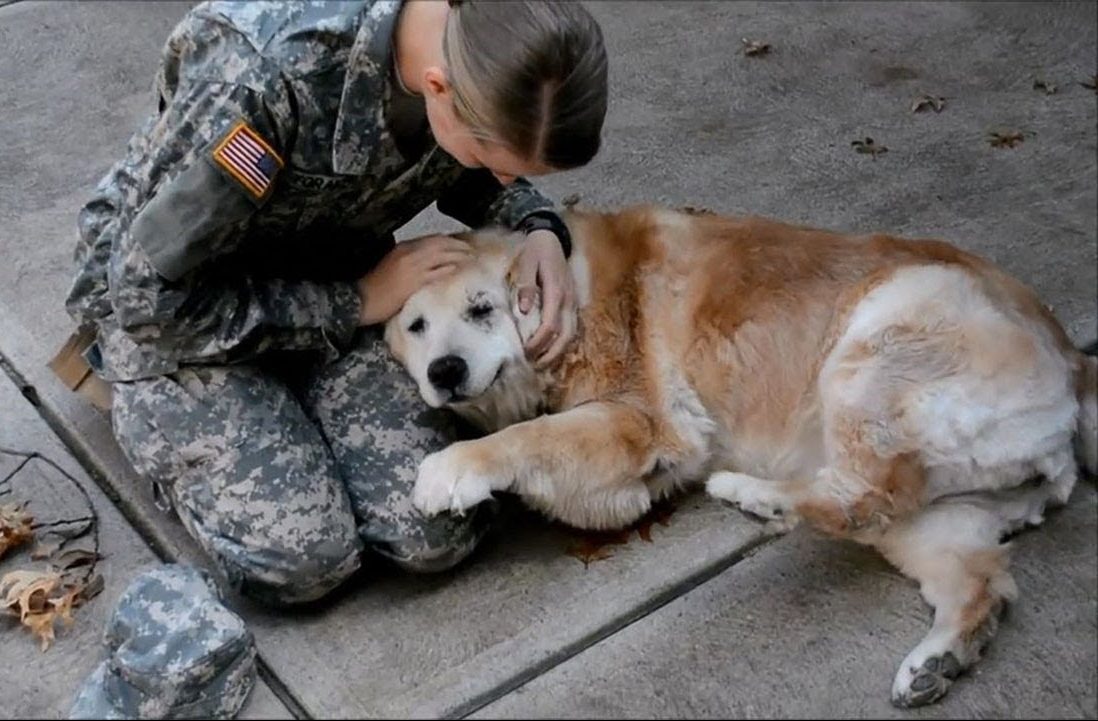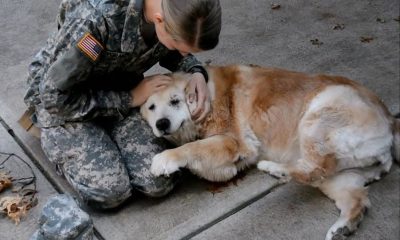Understanding the Procedure
Neutering is a common surgical procedure performed on pets, typically dogs and cats, to remove their reproductive organs. It is essential to have a clear understanding of the procedure before deciding to have your pet neutered.
When should pets be neutered? The ideal time to neuter your pet is typically before they reach sexual maturity. For cats, this is usually around six months of age, while for dogs, it can range from six to nine months. However, it is important to consult with your veterinarian to determine the best timing for your specific pet.
The procedure itself involves general anesthesia to ensure your pet is comfortable and does not experience any pain. The veterinarian will make a small incision in the appropriate area, either the scrotum for males or the abdomen for females. For males, the testes are removed, while for females, the ovaries and uterus are removed.
The surgery typically takes about 30 minutes to an hour, and most pets can go home the same day. Your pet may experience some discomfort or soreness after the procedure, but this can be managed with medication prescribed by your veterinarian.
It is important to follow the post-operative care instructions provided by your veterinarian to ensure a smooth recovery for your pet. This may include limiting their physical activity, keeping the surgical site clean, and administering any prescribed medications.
Neutering your pet is a routine and safe procedure, but as with any surgery, there are potential risks involved. These risks are relatively low, but it is important to be aware of them. Your veterinarian will discuss these risks with you and address any concerns you may have.

 Cats1 year ago
Cats1 year ago
 Cats8 months ago
Cats8 months ago
 Dogs2 years ago
Dogs2 years ago
 Birds1 year ago
Birds1 year ago
 Cats8 months ago
Cats8 months ago
 Cats8 months ago
Cats8 months ago
 Horses1 year ago
Horses1 year ago
 Dogs8 months ago
Dogs8 months ago




















